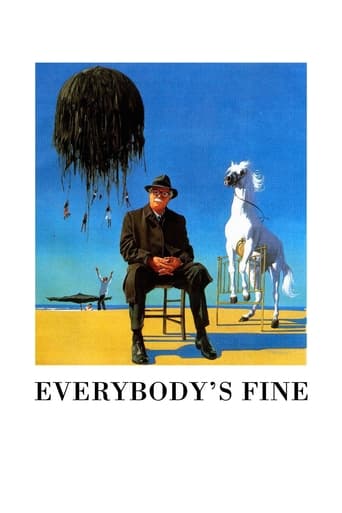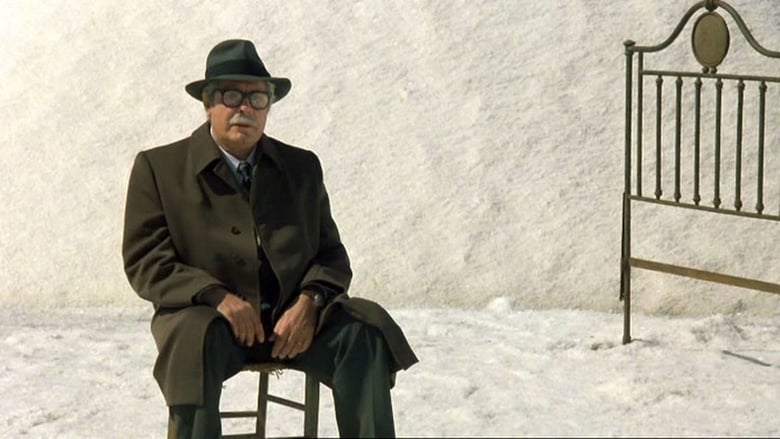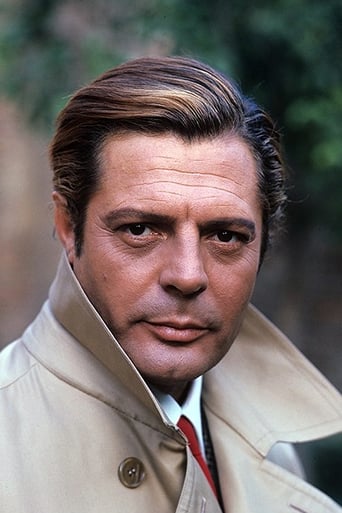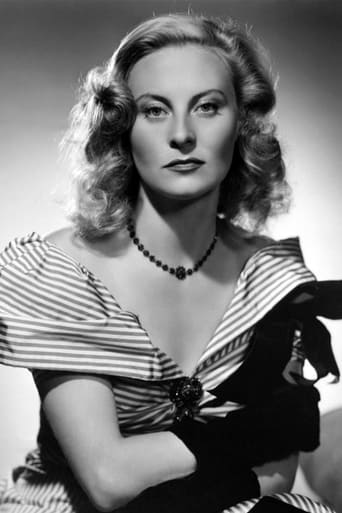Everybody's Fine (1990)
Matteo Scuro is a retired Sicilian bureaucrat, a widower with five children, all of whom live on the mainland and hold responsible jobs. He decides to surprise each with a visit and finds none as he imagined.
Watch Trailer
Free Trial Channels
Cast


Reviews
I saw this movie before reading any reviews, and I thought it was very funny. I was very surprised to see the overwhelmingly negative reviews this film received from critics.
It isn't all that great, actually. Really cheesy and very predicable of how certain scenes are gonna turn play out. However, I guess that's the charm of it all, because I would consider this one of my guilty pleasures.
Strong acting helps the film overcome an uncertain premise and create characters that hold our attention absolutely.
There is, somehow, an interesting story here, as well as some good acting. There are also some good scenes
This film is no .1 on my desert island films list . I watch it once a year and see something new each time.My DVD is subtitled in Italian presumably for deaf folk but I know most of the words from my now worn out VHS version,the improved visual definition is worth it. I would like to know where the Sicillian locations are.Trapani is obvious but the early seaside and final grave site I don't know where. Indulge me here: near the end when Matteo returns to Trapani his Aln 668 railcar glides into the station,pause the frame and one can see the road no. of the vehicle.I visited same station in 2001 and rode a bit on those railcars and with a magnifying glass I noted that the one I took to Palermo had the same no.! For a trainspotting cinephile it doesn't get much better. Back to film, it has various lessons for all members of families to learn from.Plus the soundtrack ! most expensive cd I've ever bought--- it so good.
Mateo Scuro, like his name, is in the dark. Both symbolically and really. With his thick-lens glasses, Mateo looks out at a world that has become distorted by progress, poor eyesight and the reality of being forgotten. A pensioner who has not seen his children in years, Mateo says goodbye to his wife in Sicily and travels to the mainland of Italy to begin a journey to see his five children. He wants to surprise them and so he does not tell them of his plans. But the real surprises are waiting for Mateo.Traveling from one city to the next, Mateo calls on each child with great anticipation to see the meaningful impact they are having on Italian life. But life quickly hits Mateo squarely between the eyes and forces him to see clearly. Each child is hiding something from their father who does not see well. Their lives are not what they appear to be. They are unhappy working in menial jobs or with their relationships. But their real secret is the crushing blow for a doting father. The youngest son, Alvaro, has committed suicide and none of the others can bring themselves to telling their father the truth.Toward the end of Tornatore's cinematic statement about the isolation of being forgotten, Mateo and his two surviving sons meet for dinner. His daughters, grandchildren and of course, Alvaro, are not present. This staple of Italian life and joy, the family table, now becomes Mateo's nightmare when he learns of Alvaro's death.Tornatore is a master of the dream sequence. In the tradition of Fellini and Wertmueller, Tornatore give us insight into Mateo's deepest fears of losing his family through a dream. We see a large, black balloon, with tether ropes hanging down, descend on a beach where Mateo, his wife and children are playing years before. As this balloon descends, picks up his children and carries them away, Mateo runs to them but cannot reach them. He watches them float away into the sky. This foreshadowing of Mateo's life comes to fruition when at the film's end, Mateo is in a hospital room recovering from an episode of what can only be interpreted as the most profound disappointment of all--the loss of one's family.Upon returning home, the camera is looking into the eyes of Mateo as he recounts to his wife the details of his trip. However as the camera pans back, we see that Mateo is speaking to the headstone of the grave where his wife is buried. As he answers his wife's imagined question of how the children are, Mateo answers, "Stanno tutti bene" (Everyone's fine).Tornatore uses dream sequences and the symbolism of being out of focus as well as in the dark with masterful irony. These images are driven home with all the force of a sledge hammer as the director takes the viewer, through Mateo, on a journey of anticipated-joys, awakenings and ultimate disillusions.Mateo's dreams, failing eyesight and loneliness are his steadfast companions through his remaining years. Tornatore paints a picture for the viewer of life as a deception from the most unlikeliest of sources--those we love the most. For Mateo, being in the dark is the best kind of medicine he could hope for--a world where Stanno Tutti Bene.
This really is a wonderful film. Though at times it is hard to watch. All this kind man wants is to know that his children are happy and doing okay in their adult lives. One must pay close attention to each scene because in each of these scenes, one can find some sort of message that links the whole movie together. The most important scenes to look out for are the dream sequences and the flashbacks.
This film is definitely different in perspective on family life compared to "Cinema Paradiso". It is not as sentimental, but very real. The viewer is able to see everything in the father's eyes, played by Marcello Mastroianni. When he sees his children, he sees them how they once were -- not as adults. Mastroianni is always excellent. It is funny though to see him as a father and a grandfather when one is so used to seeing him as a bachelor, like in "La Dolce Vita". I was able to feel the love he had for his children and also the hurt when the truth was brought out in front of him. We all want so much for our children and it is painful to see it otherwise. An excellent statement. Besides the message the film brought, it also gave the viewer a good dose of the Italian countryside, Roma, and Milano. The travel scenes were an added touch. Nothing can beat "Cinema Paradiso" in tenderness, but "Stanno tutti bene" is not too far off!








